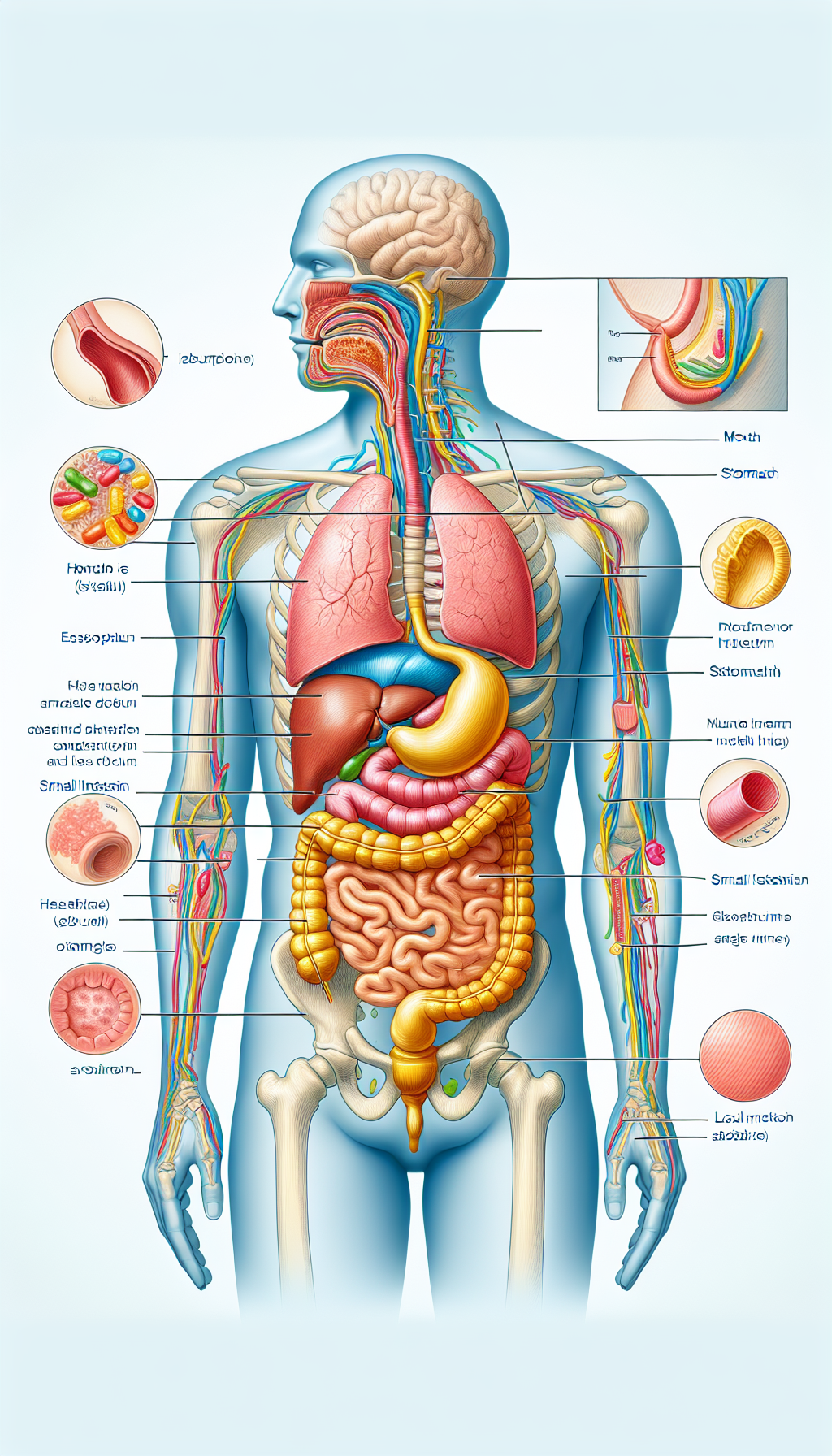The diet we choose to follow can have profound effects on various aspects of health, including the strength and density of our bones. Vegetarian diets, in particular, have gained popularity over the years for their potential health benefits. However, questions often arise regarding their impact on bone health, especially since certain nutrients crucial for bone density, such as calcium and vitamin D, are predominantly found in animal products. This article explores the relationship between vegetarian diets, bone density, and strength, and provides insights on how to maintain healthy bones while adhering to a plant-based lifestyle.
Understanding Bone Health
Bone health is an integral part of overall well-being, yet it is often overlooked until problems arise. Bones are living tissues that continuously remodel themselves, with old bone being replaced by new bone. This process is influenced by various factors including nutrition, physical activity, hormonal status, and overall health.
For individuals on vegetarian diets, ensuring bone health requires careful attention to dietary choices. It’s essential to understand that bones rely on more than just calcium; they require a complex interplay of nutrients, including vitamin D, which is necessary for calcium absorption, as well as protein, vitamin K, magnesium, and potassium.
The Vegetarian Diet and Bone Nutrient Intake
The primary concern with vegetarian diets in the context of bone health is the potential lack of direct sources of calcium and vitamin D, which are commonly found in dairy products and certain types of fish. However, these nutrients can also be obtained from plant sources or supplements.
To ensure adequate nutrient intake, individuals following a vegetarian diet can focus on consuming a variety of calcium-rich plant foods such as fortified plant milks, leafy green vegetables, tofu set with calcium, and almonds. Vitamin D can be obtained from fortified foods or exposure to sunlight, although in some cases, supplementation may be necessary.
Protein’s Role in Bone Health
Protein is another critical component for healthy bones. Some may believe that vegetarian diets lack sufficient protein, but many plant-based sources like lentils, chickpeas, quinoa, and tempeh can provide ample protein. It’s important to strategize protein intake for improving bone density, especially after injury or during periods of increased need.
The Balance of Acidity and Alkalinity
Plant-based diets are typically higher in fruits and vegetables, which can help balance the body’s pH levels due to their alkalizing effects. This balance is crucial, as a diet high in acid-forming foods, commonly found in animal products, can lead to the leaching of calcium from the bones to neutralize the acid.
Exercise and Bone Strength
Physical activity, particularly weight-bearing and resistance exercises, is vital for building and maintaining bone density. Such activities stimulate bone formation and slow down bone loss. For vegetarians, combining a well-planned diet with regular exercise can enhance bone mineral content significantly.
External Factors and Considerations
It’s not only about diet and exercise; other factors such as genetics, hormonal changes, and lifestyle choices like smoking and alcohol consumption also play a role in bone health. Vegetarians should be mindful of these factors and take proactive steps to mitigate their impact where possible.
Ensuring Adequate Nutrient Absorption
For bone density and overall health, it’s not just what you eat; it’s also about how effectively your body can absorb these nutrients. Conditions that affect the gut, such as celiac disease or inflammatory bowel disease, can impair nutrient absorption, leading to deficiencies. Maintaining digestive health is thus essential for vegetarians to ensure they are effectively absorbing the nutrients their bones need.
Research on Vegetarian Diets and Bone Health
Several studies have investigated the impact of vegetarian diets on bone health. Some research suggests that vegetarians might have slightly lower bone density compared to non-vegetarians. However, this does not necessarily translate to an increased risk of fractures if bone density remains within a healthy range.
It’s important to reference high-quality resources to understand these nuances better. For instance, the International Osteoporosis Foundation provides in-depth information on bone health, including research on the effects of different diets. Another specialized resource is the Vegetarian Nutrition Dietetic Practice Group, which offers guidelines for vegetarians to maintain optimal bone health.
Managing Bone Health with Age
As we age, maintaining bone density becomes even more critical. Postmenopausal women, in particular, face challenges due to decreased estrogen levels, which can accelerate bone loss. Vegetarian women in this demographic should be especially attentive to their nutrient intake and may benefit from the insights provided by the North American Menopause Society on bone health in postmenopausal women.
Conclusion
Vegetarian diets, when carefully planned and supplemented with regular physical activity, do not necessarily pose a threat to bone health. By focusing on nutrient-rich plant foods and possibly supplementation, vegetarians can maintain strong and healthy bones. It’s crucial to stay informed about the nutrients that support bone health beyond calcium and vitamin D, as a diverse range of nutrients contributes to bone strength.
Consulting with a healthcare provider or a dietitian can help tailor a vegetarian diet to meet individual bone health needs. Additionally, periodic screenings for bone density can be a valuable tool in monitoring and managing bone health over time.
In conclusion, a well-balanced vegetarian diet, rich in all the necessary nutrients and paired with a healthy lifestyle, can support bone density and strength effectively. It’s about making informed choices and being proactive in the pursuit of overall well-being.



